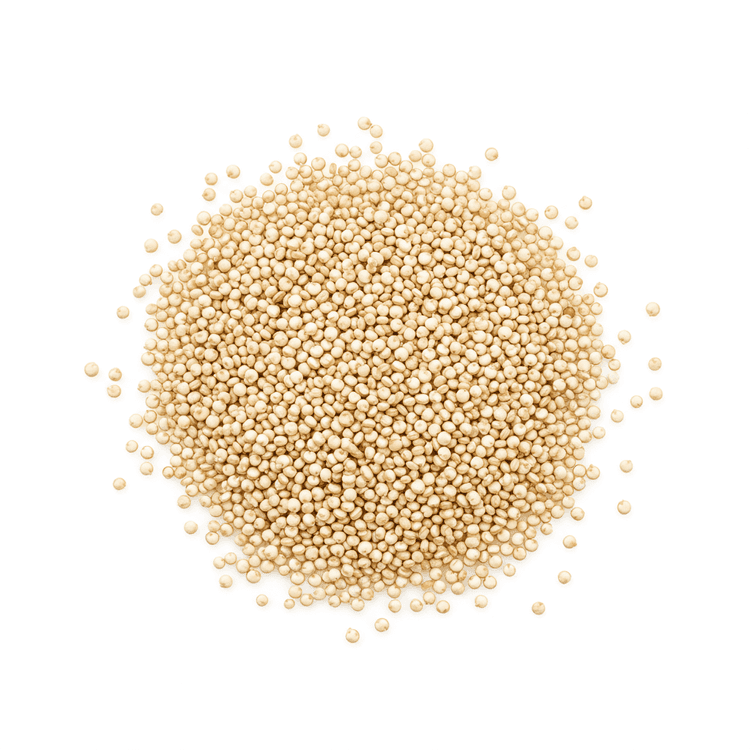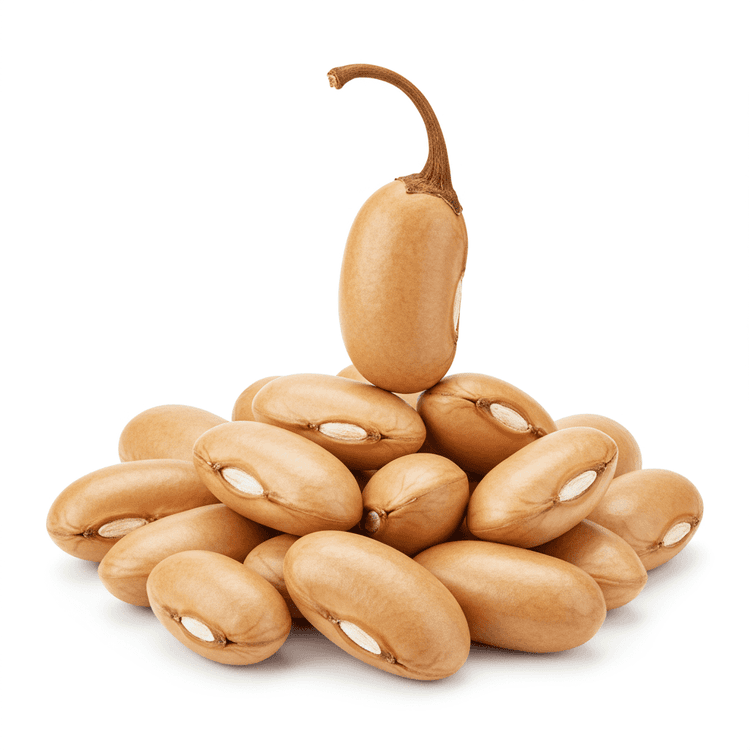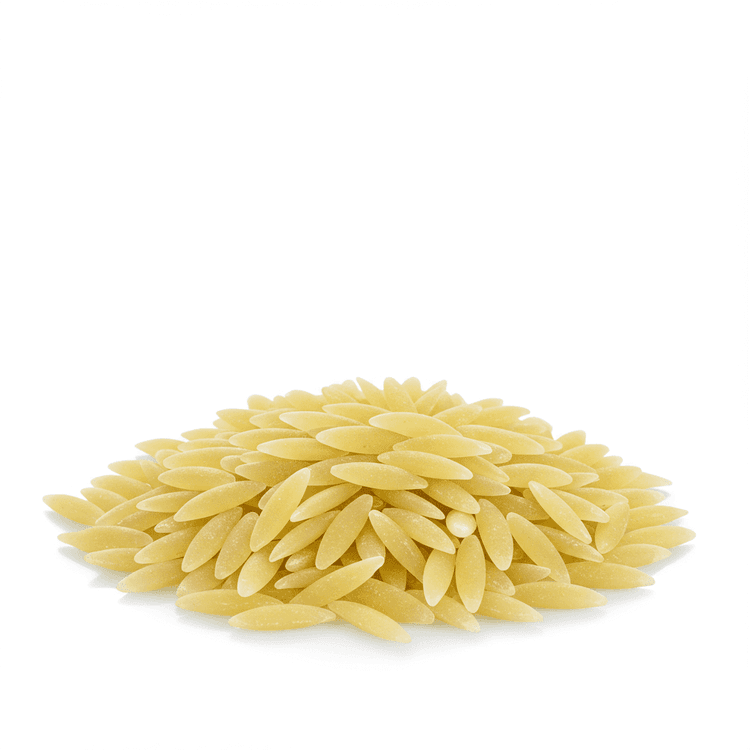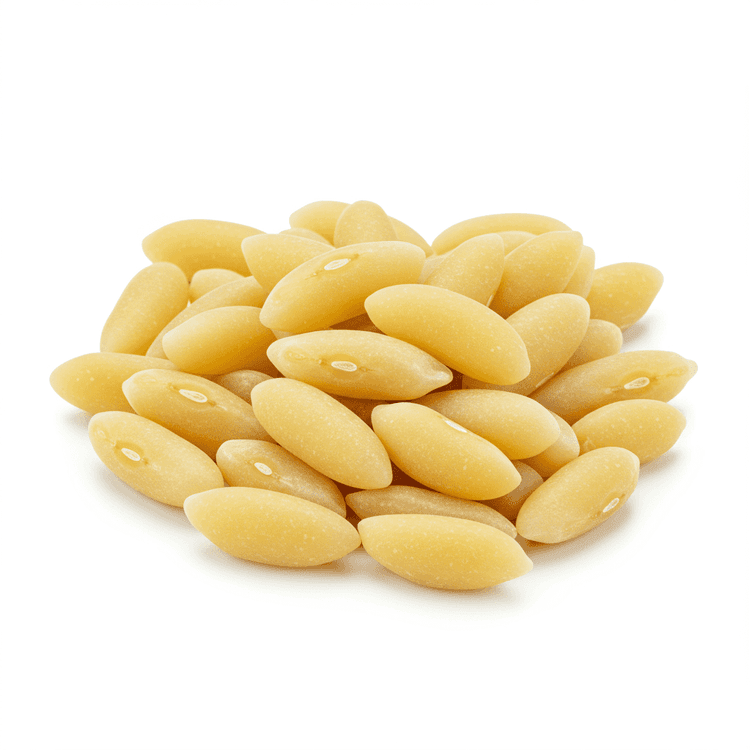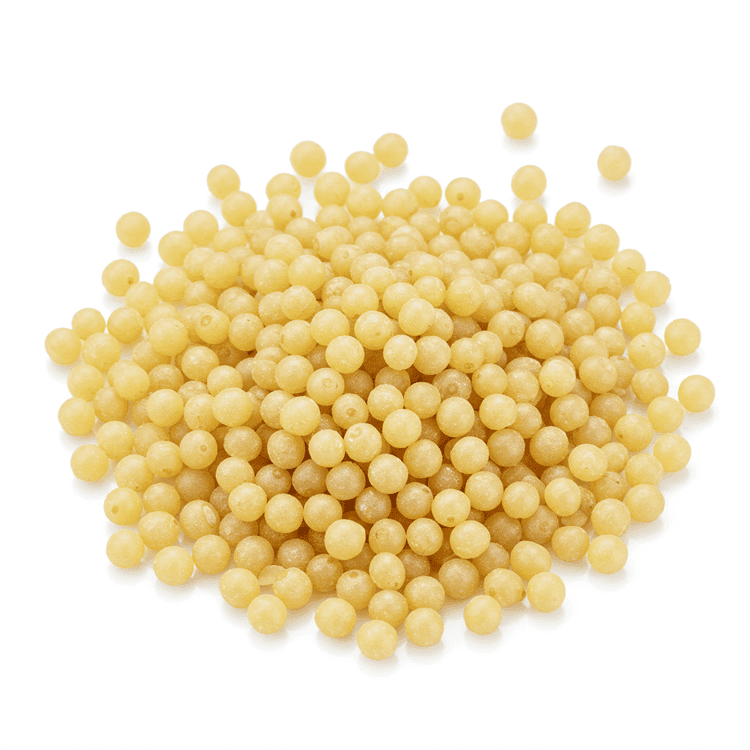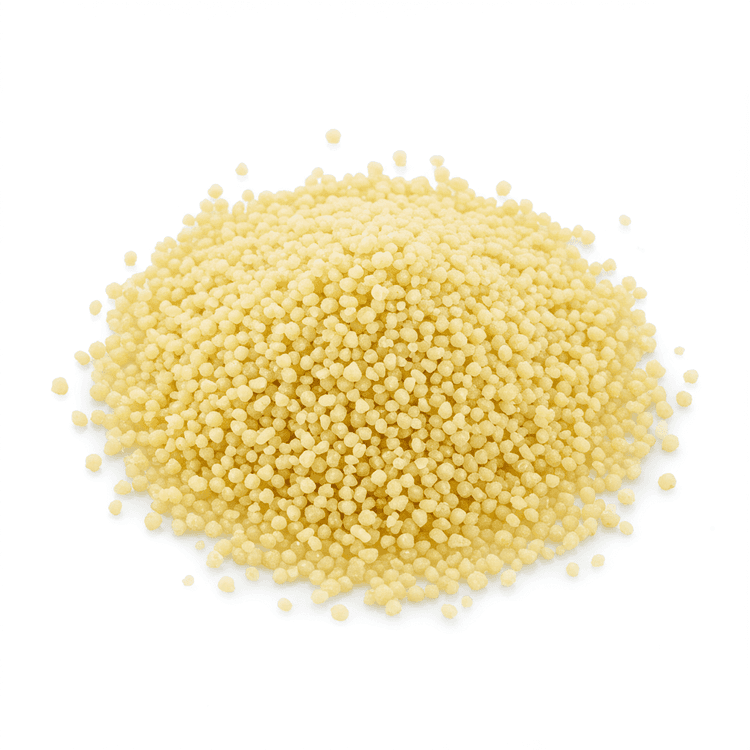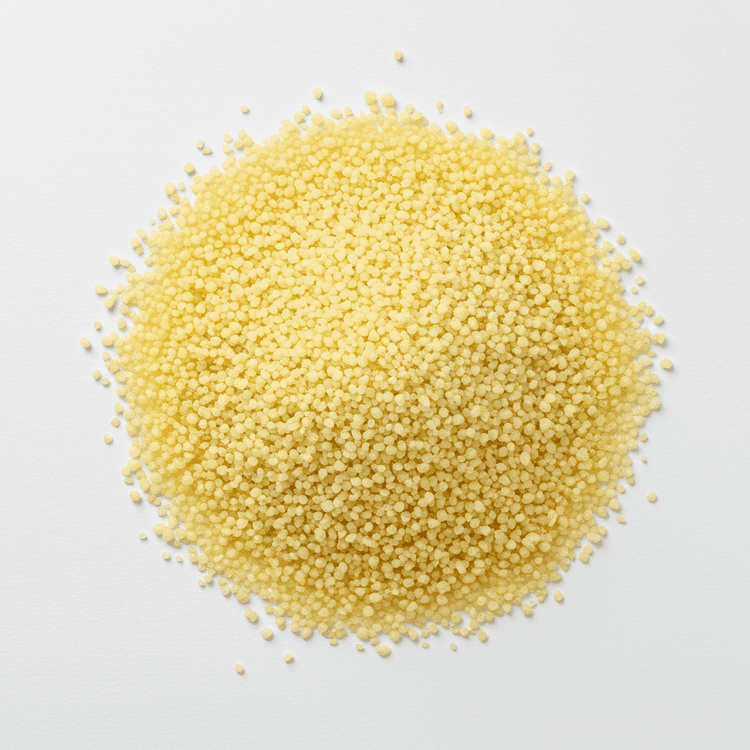
Israeli Couscous
Israeli couscous, also known as pearl couscous or ptitim, is a small, round pasta made from semolina or wheat flour. Its appearance resembles tiny pearls, and it has a delightfully chewy texture when cooked al dente. Unlike regular couscous, which is made from crushed semolina, Israeli couscous is actually pasta that's been toasted, giving it a slightly nutty flavor. Many people enjoy its neutral taste that is very versatile and absorbs flavors well, making it a popular ingredient in both savory and sweet dishes. If you're looking for a versatile and easy-to-cook ingredient, Israeli couscous offers a pleasing alternative to rice or other grains.
Common Uses
- Used as a base for salads: Cooked and cooled Israeli couscous adds a delightful chewy texture to salads, acting as a more substantial alternative to lettuce or other greens and absorbing dressings beautifully.
- In pilafs and side dishes: Israeli couscous can be cooked with broth, vegetables, and spices to create flavorful pilafs or side dishes that complement a variety of main courses, offering a textural contrast to softer components.
- As a substitute for rice or pasta: It works wonders as a side dish instead of rice or pasta; its small size and slightly chewy texture make it a versatile complement to many dishes.
- Added to soups: Incorporating Israeli couscous into soups adds body and a unique texture. It plumps up nicely in the broth and provides a satisfying element to hearty soups.
- Pan-fried with butter and herbs: Pan-frying Israeli couscous in butter with herbs like thyme or rosemary adds a nutty flavor and crispy texture, creating a simple yet elegant side dish.
- In desserts: Though less common, Israeli couscous can be sweetened and used in dessert applications, similar to rice pudding, offering a unique textural element.
Nutrition (per serving)
Nutrition (per serving)
Calories
36.0kcal (1.8%)
Protein
1.3g (2.52%)
Carbs
7.5g (2.71%)
Sugars
0.0g (0.06%)
Healthy Fat
0.0g
Unhealthy Fat
0.0g
% Daily Value based on a 2000 calorie diet
Nutrition (per serving)
Calories
36.0kcal (1.8%)
Protein
1.3g (2.52%)
Carbs
7.5g (2.71%)
Sugars
0.0g (0.06%)
Healthy Fat
0.0g
Unhealthy Fat
0.0g
% Daily Value based on a 2000 calorie diet
Health Benefits
- Good source of carbohydrates for energy.
- Provides some protein for muscle building and repair.
- Contains selenium, an antioxidant that supports immune function.
- Offers dietary fiber, promoting digestive health and regularity.
- Lower in calories than some other pasta options, aiding in weight management.
- Can be part of a balanced diet for overall wellness.
Chefadora AI is here.
Experience smarter, stress-free cooking.
Storage Tips
Uncooked Israeli couscous should be stored in an airtight container in a cool, dry place, away from direct sunlight and moisture. This helps maintain its texture and prevent it from absorbing odors. Properly stored, it can last for up to 1-2 years. Cooked Israeli couscous should be refrigerated in an airtight container and consumed within 3-4 days to prevent spoilage.
Marnirni-apinthi Building, Lot Fourteen,
North Terrace, Adelaide, South Australia, 5000
Australia

